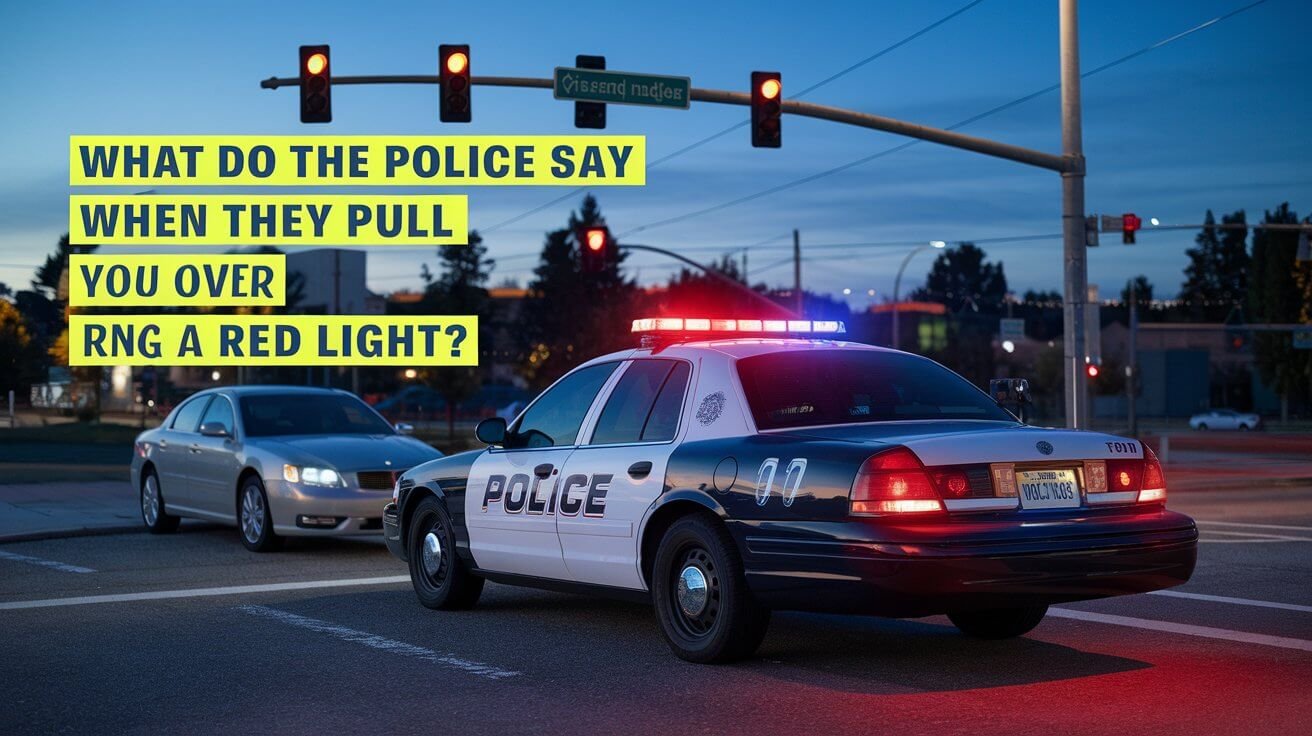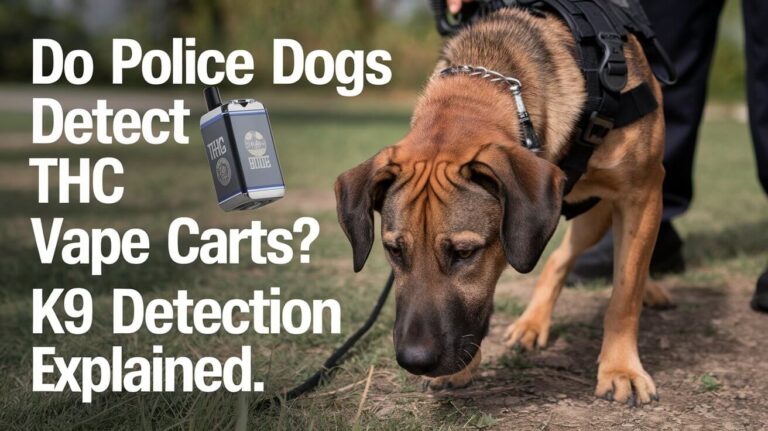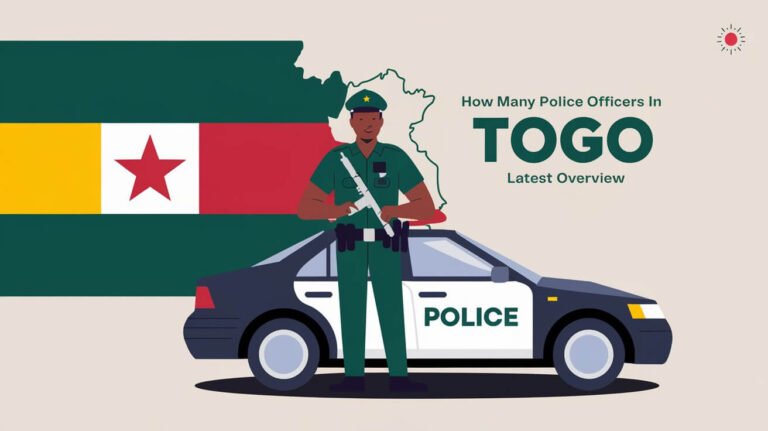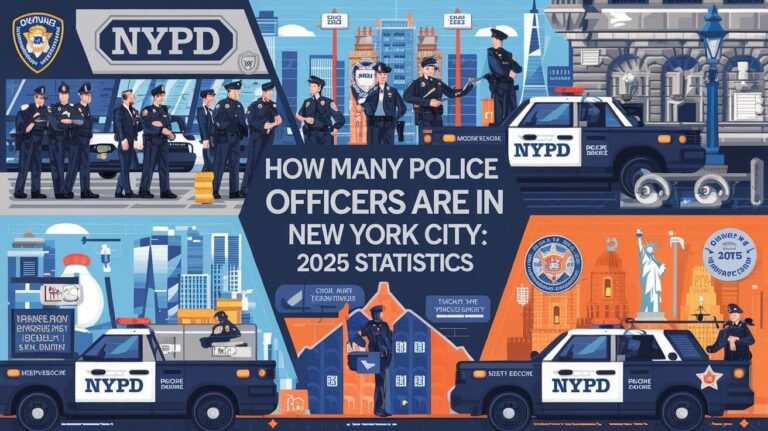What Do The Police Say When They Pull You Over You Ran In Red?

When a police officer pulls you over for running a red light, their first words are key. What they say and how you react can affect your case. Knowing the typical police questions and your rights is vital for handling these situations well.
Common Police Questions During Red Light Traffic Stops
When you’re pulled over for running a red light, police follow a set procedure. This is to keep everyone safe and get the info they need. Knowing what they usually ask can help you handle the stop better.
Initial Contact and Officer Approach
Police officers usually come to your window carefully during a stop. They might ask for your license, vehicle registration, and insurance. These are important to check who you are and if your car is registered.
Standard Procedure Questions
Officers often ask where you’re going and where you came from. They might also want to know why you were on that trip or if anything unusual happened. These questions help them understand why you got stopped and support their investigation.
Documentation Requests
After the initial checks, officers might ask for more driver identification or vehicle documentation. This could be insurance, registration, or even your driving history. It’s important to provide this while knowing your rights to make the stop go smoothly.
Knowing what to expect during a red light stop can help you be ready. This way, you can answer their questions well and make the police interrogation go smoothly.
What Do The Police Say When They Pull You Over You Ran In Red
When a driver is pulled over for running a red light, police officers use certain phrases. They are trained to watch the driver’s actions and gather evidence. Knowing these phrases can help drivers act right during a stop.
First, the officer might say why they stopped you. For example, “I pulled you over because I saw you run the red light.” This tells the driver why they were stopped and sets the scene for the interaction.
Then, the officer will ask for your license, registration, and insurance. This is to check who you are and if the car is yours. The officer is also looking for any signs of being under the influence.
- Police often ask, “Do you know why I pulled you over?” This question may be intended to elicit a response that could be used as evidence.
- Requests for the driver to step out of the vehicle or perform field sobriety tests may follow if the officer suspects impairment.
- In some cases, the officer may ask for consent to search the vehicle, though the driver has the right to refuse without a warrant.
Understanding common police communication tactics during a red light stop can be helpful. Drivers can stay calm and assertive. This way, they can protect their rights while cooperating with the police.
The Truth Behind “Do You Know Why I Pulled You Over?”
When you’re pulled over, the police might ask, “Do you know why I pulled you over?” This question seems simple but is actually a trick to get you to say something that could hurt you. It’s important to know what this question really means and how it could affect you legally.
Hidden Meanings Behind This Question
The question “Do you know why I pulled you over?” is a tactic used by police. They want to surprise you and get you to admit to a mistake, like running a red light. This admission can be used as evidence against you.
Legal Implications of Your Response
The Fourth Amendment protects you from unfair searches by police. But, if you say something that could get you in trouble, it can be used against you. To stay safe, don’t answer this question. Instead, ask the officer why you were stopped.
Knowing your driver rights and the legal implications of your words can protect you. This way, you can avoid self-incrimination and ensure a fair outcome in any traffic stop tactics.
How to Handle Questions About Your Location and Destination
When you get pulled over, police might ask where you’re coming from and where you’re going. These questions help them figure out what you were doing. You can choose not to answer if it might make you look guilty.
It’s smart to give just enough information to keep things calm. You don’t have to tell them everything. Knowing your rights helps you keep your privacy safe without making things worse.
- Stay polite and helpful, but don’t share more than you have to.
- When asked about your location or where you’re headed, say, “I’d prefer not to discuss that.”
- Stick to talking about the reason for the stop. Don’t get into other topics.
- Avoid saying things that could get you in trouble, like admitting to being somewhere risky.
- Use your right to stay silent if they keep asking things not related to the stop.
Knowing your traffic stop rights and how to answer helps keep your driver privacy safe. It also keeps you out of trouble during a location disclosure situation.
Vehicle Search Requests and Your Rights
During a traffic stop, police might ask to search your vehicle. It’s key to know your rights about vehicle searches. The Fourth Amendment protects you from unreasonable searches and seizures. This means police need probable cause or your consent to search your car.
Probable Cause Requirements
Police can search your vehicle only if they have probable cause. This means they must have a good reason to believe your car has evidence of a crime. Minor traffic infractions like speeding or broken taillights don’t give them the right to search.
Consent Search Guidelines
Even without probable cause, police might ask for your consent to search. You have the right to say no to a consent search without explaining why. Saying no doesn’t mean you’re guilty of anything. If an officer threatens to call a K-9 unit, ask if you’re free to go.
Understanding your Fourth Amendment rights can help you during a traffic stop. Remember, you can politely decline a search request without facing consequences. Your lawyer can also challenge any evidence from an illegal search.
Red Light Violations: Legal Perspective
Running a red light is a serious offense in Arizona. It can lead to fines, points on your license, and legal trouble. A red light violation costs about $250 and adds 2 points to your license. Not attending Traffic Survival School after a ticket can result in losing your license.
In Arizona, the rules for red lights are clear. Yellow lights must last at least 3 seconds. Red light cameras are used at busy spots like 35th Avenue & Cactus Road. These cameras issue fines around $165, depending on the county.
Ignoring a red light ticket can add extra costs. You have 90 days to respond to a ticket. If you don’t, you’ll face a $100 fee. Taking a defensive driving course can remove points, but ignoring a red light can lead to serious consequences.
| Violation Type | Points Added to License |
|---|---|
| Failure to Obey Traffic Control Device | 2 |
| Failure to Stop or Remain Stopped for a Red Light | 2 |
| Right Turn on Red with Prohibited Sign | 2 |
| Speed in a School Zone | 2 |
| Speed Greater than Reasonable and Prudent | 3 |
Knowing the laws about red light violations is key for Arizona drivers. By understanding the consequences and avoiding these infractions, you can keep your driving record clean. This ensures your safety and the safety of others on the road.
Pretextual Traffic Stops Explained
Pretextual traffic stops are a topic of much debate in traffic law. These stops happen when police use a small traffic issue as a reason to look into other crimes. These crimes are not related to the original reason for the stop.
Supreme Court Rulings on Traffic Stops
In the case of Whren v. United States (1996), the Supreme Court made a key ruling. They said that why an officer stops someone doesn’t matter, as long as there’s a good reason for the stop. This ruling has given officers a lot of freedom in traffic stops. They can use small infractions as a reason to look for other crimes.
Officer Discretion in Traffic Enforcement
The Whren v. United States ruling has allowed police to use pretextual stops. They might say a small thing like a burned-out license plate light is the reason. But really, they’re looking for evidence of bigger crimes. This has led to worries about police abuse and racial profiling.
It’s important to understand pretextual stops and their legal side. Knowing your rights and talking clearly to police can protect you. It can also help make sure you’re treated fairly.
Safety Considerations When Pulled Over
When you’re pulled over, safety is key. Look for a well-lit spot to stop. This way, you and the officer can move safely.
Turn on your car’s interior lights. Keep your hands on the wheel. This shows you’re open and willing to cooperate.
When the officer comes over, tell them if you need to get something. This avoids any confusion. Stay calm and follow their instructions. These steps help make the stop safe for everyone.
- Find a well-lit area to safely pull over
- Turn on your interior lights and keep your hands visible
- Inform the officer before reaching for documents
- Remain calm and cooperative during the entire interaction
Being safe and polite helps a lot during a traffic stop. It makes things go smoothly and keeps everyone safe. Always aim to protect yourself and the officer.
Traffic Stop Documentation and Evidence
If you get pulled over for running a red light, it’s key to document the stop details. This info is very helpful if you want to fight the ticket in court. Make sure to note why the officer stopped you and where they saw the violation.
Dash cam footage, eyewitness accounts, and photos can be strong evidence if you contest the ticket. Collecting this evidence helps you build a strong case. You might even get the ticket dismissed or reduced.
Collecting more evidence makes your defense stronger. Stay calm and polite, but also assert your rights. This way, you can protect yourself better.
Key Factors to Document
- Officer’s stated reason for the traffic stop
- Officer’s location when they observed the alleged violation
- Dash cam footage (if available)
- Eyewitness accounts of the incident
- Photographic evidence of the traffic stop and surroundings
| Evidence Type | Significance |
|---|---|
| Dash Cam Footage | Provides an objective record of the traffic stop, including the officer’s actions and the circumstances surrounding the alleged violation. |
| Eyewitness Accounts | Eyewitness testimony can corroborate or contradict the officer’s account, providing an independent view of the events. |
| Traffic Stop Records | Official documentation from the traffic stop, like the citation and officer’s report, can help spot any errors or inconsistencies. |
| Evidence Collection | Photos of the stop location, your vehicle, and other details can support your case if you contest the ticket. |
Collecting this evidence, you’ll be ready to challenge the traffic ticket and defend your rights.
Options After Receiving a Red Light Citation
If you got a red light ticket, you have a few choices. You can pay the fine or fight the ticket in court. If you have a good reason, like safety concerns, it might be worth contesting the ticket.
Contesting the Ticket
Fighting the ticket in court lets you tell your side of the story. This is a good option if you think the officer was wrong or if it was unsafe to stop. But, you must prove why the ticket should be thrown out.
Legal Defense Strategies
- Question the officer’s view and if they could really see what happened.
- Show evidence of bad road conditions or other reasons you couldn’t stop in time.
- Get an attorney, if you’ve had other traffic court issues, to help with your legal representation and citation challenges.
The result of your red light ticket defense depends on your case and the judge. Think carefully about your options and be ready to make a strong case if you decide to fight the ticket.
Conclusion
Knowing your rights during a traffic stop for a red light violation is key. You should understand how to answer police questions and use your rights. This helps you handle these situations better and protect yourself.
Running a red light is a big deal, but you can fight the ticket. You can use legal strategies to lessen the effect on your driving record and insurance. Learning about traffic stop rights, red light violations, and legal advice helps you make smart choices.
Learning about driver education and your rights is important. It makes sure your interaction with police is calm and productive, no matter what. By being informed and proactive, you can face red light stops confidently and protect your rights.
FAQs on Common Issues
What do the police say when they pull you over for running a red light?
Police focus on gathering evidence when they pull you over for running a red light. They often ask tricky questions to catch you off guard. For example, they might ask if you know why you were pulled over, which could make you say something that could hurt your case.
What is the standard procedure during a red light traffic stop?
When you’re pulled over for running a red light, the officer will approach your car carefully. They might ask for your license, registration, and insurance. They could also ask where you’re going and where you came from. Remember, you can say no if they ask to search your car.
What phrases do police officers use when pulling over a driver for running a red light?
Police use certain phrases to control the situation when they pull you over. They might say why they stopped you and ask for your documents. They watch how you act and gather evidence that could be used in court.
What is the hidden meaning behind the question “Do you know why I pulled you over?”
The question “Do you know why I pulled you over?” is a trick used by police. If you answer, you might say something that can be used against you. It’s smart to know your rights and stay silent if you think it might help your case.
How should I handle questions about my location and destination during a traffic stop?
Officers might ask where you’re going and where you came from. These questions help them gather more information. While it’s good to be cooperative, you don’t have to answer if it might hurt your case. Giving just enough information can protect your rights.
What are my rights regarding vehicle searches during a traffic stop?
Police need a good reason or your consent to search your car. You can say no if they don’t have a good reason. Knowing your rights under the Fourth Amendment can help you make smart choices during a stop.
What are the legal consequences of running a red light?
Running a red light is a serious offense that can lead to fines and points on your license. In Massachusetts, you could face a fine of $100 to $240 and two points on your license. It can also raise your insurance rates.
What is a pretextual traffic stop?
Pretextual stops happen when police use a small traffic violation as an excuse to look for other crimes. The Supreme Court ruled in Whren v. United States (1996) that the officer’s real reason doesn’t matter if there’s a valid reason for the stop.
What safety considerations should I keep in mind when pulled over?
When you’re pulled over, safety is key. Look for a well-lit area to stop. Turn on your interior lights, keep your hands visible, and tell the officer before reaching for your documents. Stay calm and follow their instructions.
How can I document the details of my traffic stop?
Documenting your traffic stop is important, whether you plan to fight the ticket or not. Pay attention to why the officer stopped you and where they saw the violation. Dash cam footage, witness statements, and photos can be strong evidence if you decide to contest the ticket.
What options do I have after receiving a red light citation?
After getting a red light ticket, you can either pay the fine or fight it in court. Fighting the ticket might be a good idea if you have a strong defense, like safety concerns that stopped you. You can question the officer’s view or provide evidence of unsafe conditions.






